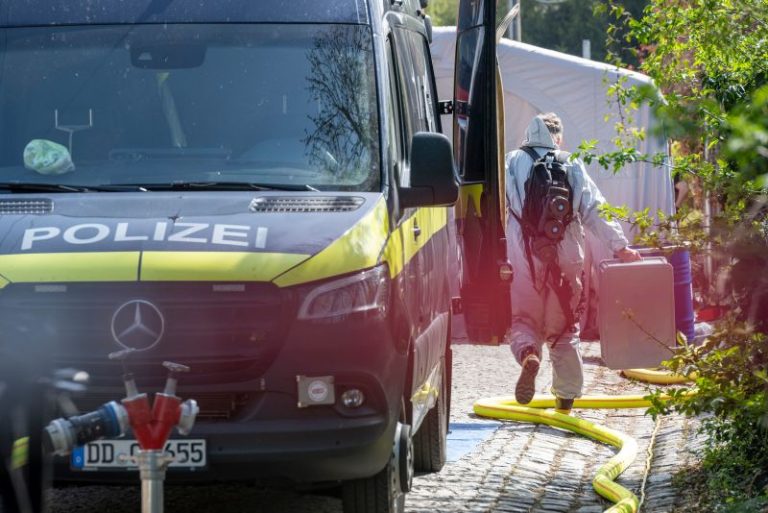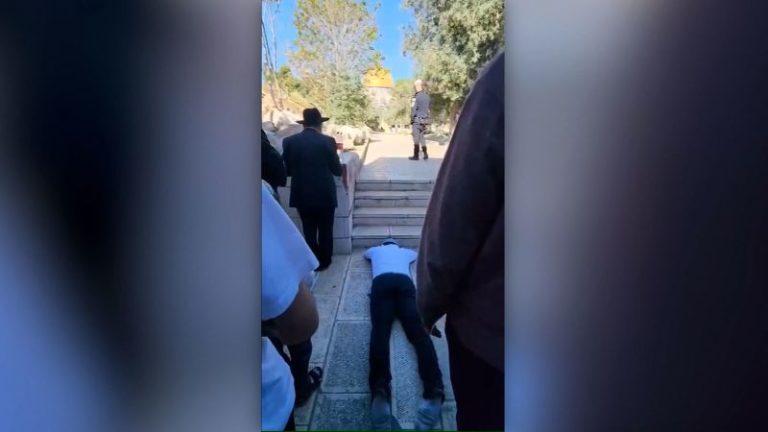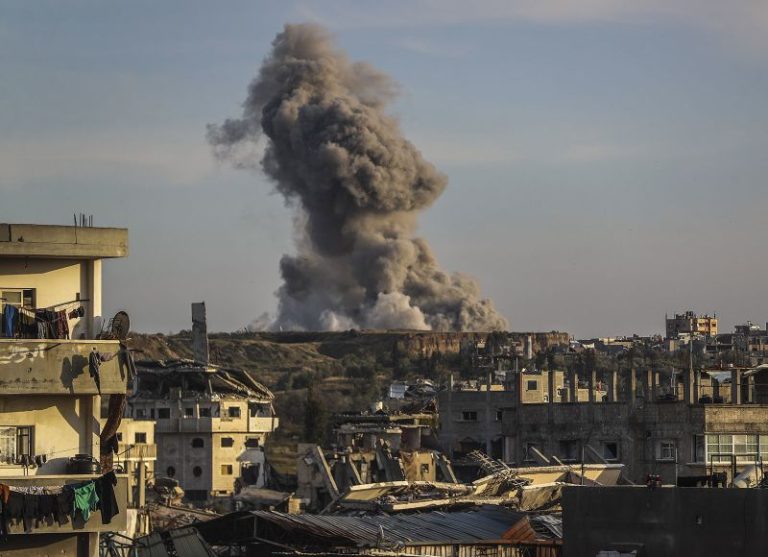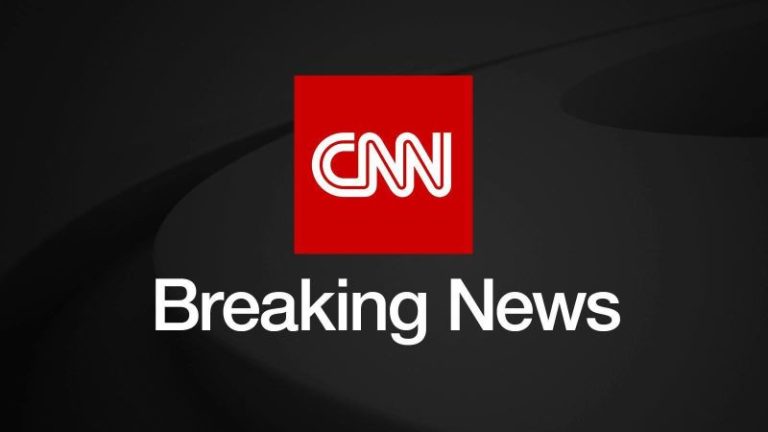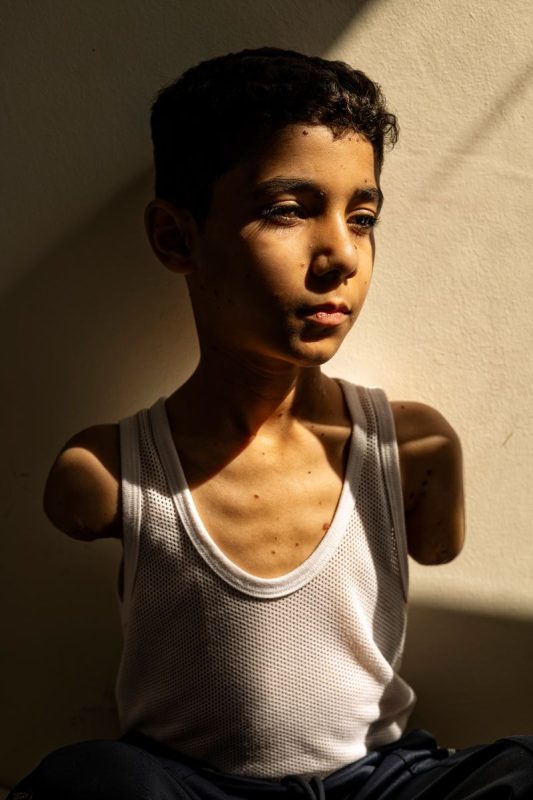Target CEO Brian Cornell will meet with the Rev. Al Sharpton this week in New York as the retailer faces calls for a boycott and a slowdown in foot traffic that began after it walked back key diversity, equity and inclusion programs, the civil rights leader told CNBC Wednesday.
The meeting, which Target asked for, comes after some civil rights groups urged consumers not to shop at Target in response to the retailer’s decision to cut back on DEI. While Sharpton has not yet called for a boycott of Target, he has supported efforts from others to stop shopping at the retailer’s stores.
“You can’t have an election come and all of a sudden, change your old positions,” said Sharpton. “If an election determines your commitment to fairness then fine, you have a right to withdraw from us, but then we have a right to withdraw from you.”
The civil rights leader said he would consider calling for a Target boycott if the company doesn’t confirm its commitment to the Black community and pledge to work with and invest in Black-owned businesses.
“I said, ‘If [Cornell] wants to have a candid meeting, we’ll meet,’” Sharpton said of the phone call Target made to his office. “I want to first hear what he has to say.”
A Target spokesman confirmed to CNBC that the company reached out to Sharpton for a meeting and that Cornell will talk to him in New York this week. The company declined further comment.
In January, Target said it would end its three-year DEI goals, no longer share company reports with external diversity-focused groups like the Human Rights Campaign’s Corporate Equity Index and end specific efforts to get more products from Black- and minority-owned businesses on its shelves.
Just days after the announcement, foot traffic at Target stores started to slow down. Since the week of Jan. 27, Target’s foot traffic has declined for 10 straight weeks compared to the year-ago period, according to Placer.ai, an analytics firm that uses anonymized data from mobile devices to estimate overall visits to locations. Target traffic had been up weekly year over year before the week of Jan. 27.
The metric, which tallies visits to brick-and-mortar locations, does not capture sales in stores or online, but can indicate which retailers are drawing steadier business. While Target has been struggling to grow its sales for months as shoppers watch their spending, the stretch of declining visits came as some civil rights groups and social media users criticized the DEI decision and urged shoppers to spend their money elsewhere.
Target declined to comment on the figures, saying it doesn’t discuss third-party data.
At the convention earlier this month for his civil rights organization, the National Action Network, Sharpton said the group would call for a boycott of PepsiCo if the company didn’t agree to meet with the organization within 21 days. In February, the food and beverage company behind brands like Doritos and Mountain Dew announced it would end its DEI workforce representation goals and transition its chief DEI officer role into another position, among other changes.
This week, leaders from Pepsi met with Sharpton and his team. He did not confirm whether Pepsi made any commitments, but did say it was encouraging that Pepsi’s CEO Ramon Laguarta attended. He added that the two will continue their discussions.
Sharpton’s meetings with companies including PepsiCo and Target — and his openness to boycotts — mark one of the first meaningful efforts to push back against the war conservative activists like Robby Starbuck have waged on DEI. Starbuck, a movie director-turned-activist, has urged companies to drop DEI policies in part by sharing what he considers unflattering information about their initiatives with his social media followers. He has successfully pressured a wide range of corporate giants to rethink their programs.
With its decision to roll back DEI efforts, the cheap chic retailer Target joined Walmart, McDonald’s, Tractor Supply and a slew of others that scrapped at least some DEI initiatives as they grew concerned that the programs could alienate some customers or land them in the crosshairs of President Donald Trump, who has vowed to end every DEI program across the federal government.
Target’s decision contrasted with Costco, which shook off pressure from conservative activists to maintain its DEI programs. Shareholders of the membership-based wholesale club soundly rejected a proposal in late January that requested a report on the risks of DEI initiatives.
NAN has called for so-called “buy-cotts” at Costco, and has brought people to stores in Tennessee, New York and New Jersey. It gave them gift cards to shop with at the warehouse club.
In the month of March, Target’s store traffic declined 6.5%, while the metric rose 7.5% year over year at Costco, Placer.ai data show.
Target’s challenges run deeper than DEI backlash, and resistance to its policy change only added to its issues. The discounter’s annual revenue has been roughly flat for four years in a row as it’s struggled to drive consistent sales gains.
Margins have been under pressure, as consumers buy more of groceries and necessities and less of more profitable categories like home goods and clothing. And the company has pinned its problems on a laundry list of problems in recent years, including having the wrong inventory; losing money from theft, damaged goods and other types of inventory losses; backlash to its collection for Pride Month and pricier costs from rushing shipments.
Competition has grown fiercer too, as big-box rival Walmart has remodeled stores, launched new private brands and attracted more high-income shoppers.
In February, Target gave weak guidance for the first quarter and said it expected sales to grow 1% for the full year.
In his meeting with Cornell, Sharpton said he will ask for Target to follow through on pledges it made after police killed George Floyd in the company’s hometown of Minneapolis.
“You made commitments based on the George Floyd movement … what changed?” said Sharpton. “Are you trying to say … everything’s fine now, because the election changed? That’s insulting to us.”
In the wake of Floyd’s murder, Cornell said the event moved him.
“That could have been one of my Target team members,” Cornell said in 2021 at an event hosted by the Economic Club of Chicago, recounting his thoughts as he watched the video of Floyd taking his final breaths.
At the time, he said it motivated him to step up Target’s efforts to fight racial inequities.
“We have to be the role models that drive change and our voice is important,” he said at the event. “We’ve got to make sure that we represent our company principles, our values, our company purpose on the issues that are important to our teams.”




